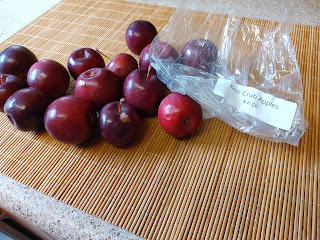Standing Ovation The Pre-Computer Retweet
The standing ovation is perceived as the highest honour for excellence, for a riveting speech, a great concert, stage play etc. However, it is not, because of the way it unfolds. It is not unilateral like lighting.
It starts like light rain, with one person who knows the performer or playwright standing up to clap, followed by a few of the same persuasion, then the full scale rain when the whole concert hall stands up and claps.
The first standing ovation I found myself in, was when the friend who had stood up to clap gave me the evil eye with one message, stand up and clap. I did.
On the way to the subway station to catch a train, I received a short lecture on the standing ovation, something to do with being ‘cultured’. It’s what sophisticated people do I was schooled.
Actually, the standing ovation is pure fear. That’s why people in the concert hall or conference hall look around first to see who is clapping. They join the standing ovation if:
1. The person who gave them tickets to the performance is clapping.
2. The boss and her husband are on their feet clapping.
3. The mayor is clapping.
4. The famous producer working on a sequel they want to be part of, is clapping.
5. The mega music director they want to approach is clapping.
Political events are easier. Blue party members are glued to their seats when red party members stand up to applaud their leader’s speech.
Therefore, some standing ovations are genuine, a show of appreciation for a job well-done, but most of them are driven by fear, of being seen as not worthy of a film production, economic circle, or class you crave for.
By: Nonqaba waka Msimang.




Comments